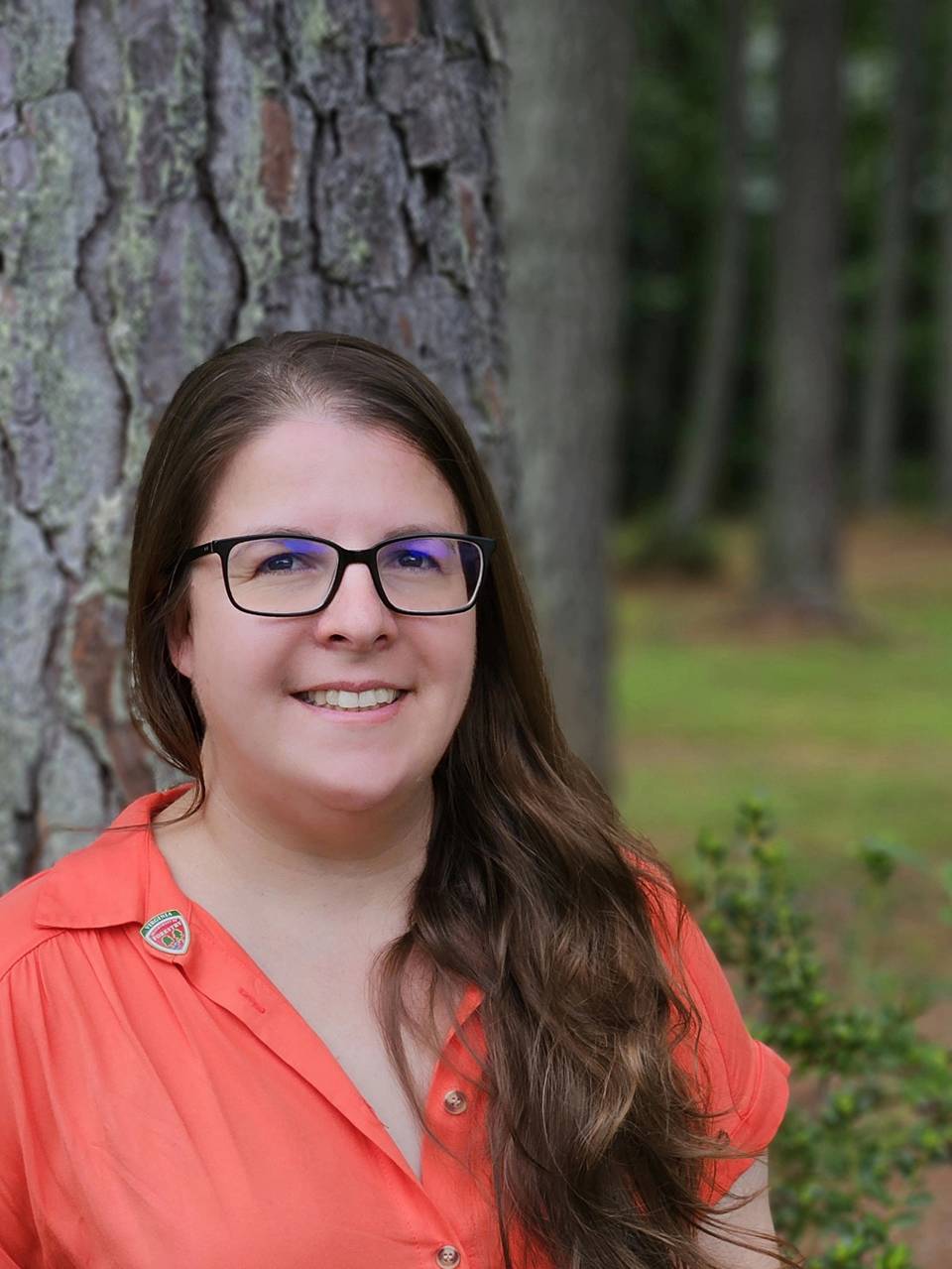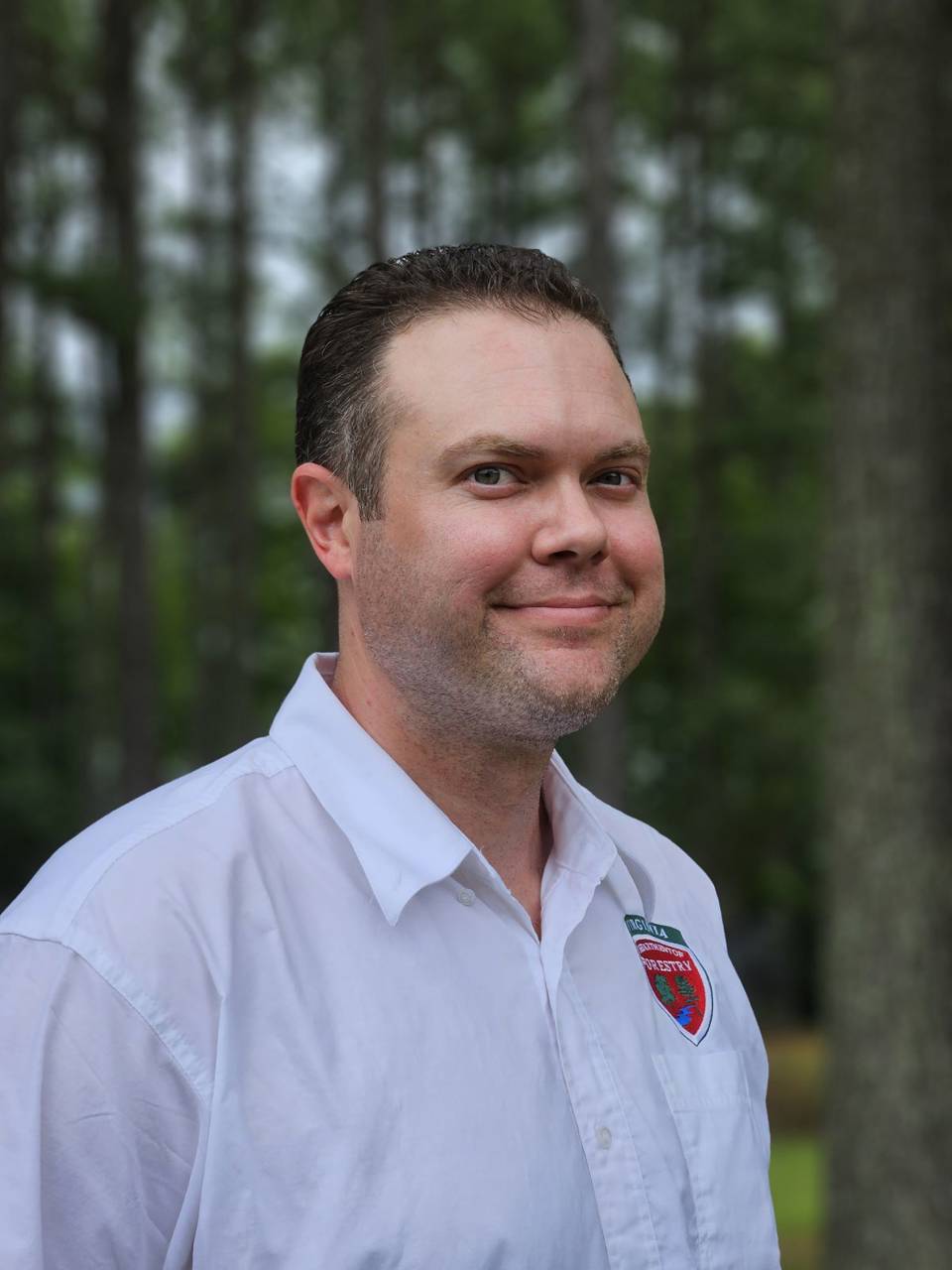Virginia Security Corridor Sentinel Landscape
-
Virginia
-
Established 2023
About
The Virginia Security Corridor is comprised of two sentinel landscapes: Potomac and Tidewater. This region encompasses over 2.9 million acres of land and water in Virginia’s “Golden Crescent,” an area of high military concentration, population growth, urban sprawl, and a growing technology industry. It is also home to some of the Commonwealth’s most abundant resources, including intact forests, open and agricultural lands, and complex marsh and riverine systems that connect to the nation’s largest estuary – the Chesapeake Bay. The Virginia Security Corridor supports 10 military installations representing every branch of the U.S. Armed Forces. Specifically, the Potomac Sentinel Landscape is anchored by Marine Corps Base Quantico and the Tidewater Sentinel Landscape is anchored by Joint Base Langley Eustis. Partners established the Virginia Security Corridor to address three lines of effort: 1) prevent encroachment on military testing and training activities while supporting Virginia’s working lands, 2) build resilience against natural hazards, and 3) conserve and restore key habitats to benefit water quality and protected species. These sentinel landscapes will also provide a connection between the Middle Chesapeake and Eastern North Carolina Sentinel Landscapes, enabling coordination of opportunities at a regional scale.
Map

Total Funding by Partner
| Partner | FY2023 |
|---|---|
| USDA | $1.92M |
| DoD | $1.03M |
| DOI | $0.00M |
| State | $0.00M |
| Local | $0.00M |
| Private | $0.00M |
Total Acres Protected and Enrolled
| Acres Protected (Since Designation) | 27 |
|---|---|
| Acres Enrolled (During FY23) | 160586 |
Our Partners
Local Partners
- Capital Region Land Conservancy
- Caroline County
- City of Bowling Green
- City of Hampton
- Crater PDC
- Essex County
- Fauquier County
- Hampton Roads Military & Federal Facilities Alliance
- Hampton Roads Planning District Commission
- King George County
- Northern Virginia Regional Commission
- Port Royal
- Prince William County
- Rappahannock Regional Commission
- Rappahannock River Basin Commission
- Rappahannock River Roundtable
- Richmond Regional Commission
- Spotsylvania County
- Stafford County
- Virginia Association of Counties
- Virginia Association of Soil and Water Conservation Districts
- Virginia Farm Bureau
- Virginia Municipal League
Private Partners
- Agua Fund
- American Battlefield Trust
- Ducks Unlimited
- Friends of the Lower Appomattox
- Friends of the Rappahannock
- Northern Virginia Conservation Trust
- Piedmont Environmental Council
- Prince William Conservation Alliance
- Southeast Regional Partnership for Planning and Sustainability
- The Black Family Land Trust
- The Chesapeake Bay Foundation
- The Chesapeake Conservancy
- The Conservation Fund
- The Nature Conservancy
- The Pew Charitable Trusts
- The Virginia Agri-Business Council
- The Virginia Environmental Endowment
- The Virginia Forest Products Association
- The Virginia Forestry Association
- The Ward Burton Wildlife Foundation
- Trust for Public Land
- Virginia Forever
- Virginia United Association of Land Trusts
Meet the Coordinators

Mary Bennett
Mary Bennett is the Tidewater Sentinel Landscape Coordinator for the Virginia Security Corridor. She has a passion for wildlife and strong background in conservation and restoration throughout the Southeastern Coastal Plain. Most recently, she worked with the Elizabeth River Project as their Environmental Scientist, where she was focused on water quality and urban restoration of tidal marshes. She holds a Master of Wildlife Science from Auburn University, where she spent many hours exploring longleaf pine stands while studying resource selection of the Southeastern pocket gopher. Mary currently resides in Norfolk with her cat Lucy and enjoys exploring the outdoors when she’s not stuck in traffic.

Chris Moi
christoper.moi@dof.virginia.gov
Originally from Sonoma, CA, Chris relocated to Virginia in 2022 with his wife, daughter, and cat to be closer to relatives. He holds a bachelor’s degree in environmental studies and planning from Sonoma State University and a master's degree in landscape architecture from UC Berkeley. Chris has a diverse professional background, including roles as a private environmental consultant in land conservation for the armed services, a director of land conservation for a regional private organization land trust, and a project manager for national homebuilding companies. In his free time, Chris enjoys being outdoors, volunteering with horses, hiking, and traveling the world with his family.